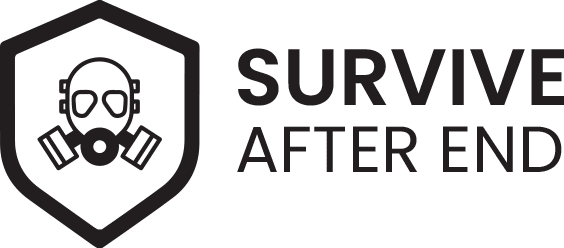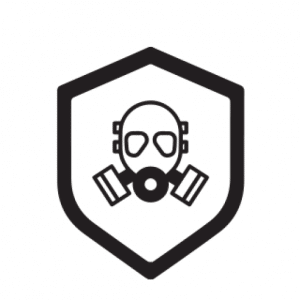In an emergency, it’s easy to panic and make bad decisions. But to make the right choices, you have to remain calm.
The key to staying calm in an emergency to SHTF situation is to focus on what needs to be done.
Keeping your mind on the task at hand will help you make the best decisions when things get chaotic.
Why is it important to keep calm?
When you are calm, you will notice things more clearly.
You will see better. You will remember more. You will act faster and make better decisions.
You will make better choices and decisions that will lead to a better outcome.
Control Your Breathing
When you’re in an emergency, breathing is a big deal.
To stay calm, control your breathing. Breathe slowly, and use your diaphragm.
Inhale through your nose. Breathe deeply and evenly.
Try to breathe through your nose and not your mouth.
Focus on the Positive
It’s easy to focus on the negative. But, instead of thinking, “I don’t know what to do,” think about how you will act if you find out that you have the power to solve the problem.
Get Educated Ahead
Being confident that you know what to do is the number one thing you can do to be calm.
It’s good to learn basic survival skills like first aid, fire safety, and CPR.
You are less likely to panic if you know more about it.
Practice Mindfulness
Mindfulness helps you stay calm. If you practice mindfulness, you can use your mind and body to be more efficient.
Being mindful of your thoughts, actions, and feelings can help you make better decisions when things are chaotic.
Stay Informed In an Emergency
You can’t be expected to know everything.
But by learning more about the situation, you can take better advantage of your resources and better understand your options.
Read news reports, watch TV news programs, and read books about what’s going on. The more you know, the more you can prepare.
Be Aware of Your Surroundings
You can’t control everything. You can only control your actions and reactions. But by being aware of your surroundings, you can be prepared.
Do a quick assessment of the situation.
Are there any dangers?
Are there any people who need help?
What resources are available to you?
If you see a fire, is it a small or a big one?
Do you know where the fire extinguisher is? Is there an exit?
Is there a way to get out safely?
Look for Solutions
In an emergency, you might not have much time to think about solutions.
But if you start thinking about possible solutions, you’ll be more likely to find a solution that works.
Instead of reacting on the fly, try to prepare yourself for the worst-case scenario.
Prepare a list of things that you will do if you are faced with a problem.
It’s important to make a plan to know what you are going to do and how you will react.
Create New Possibilities
If the initial idea is not working, think of something else.
You can always try a different approach.
Try to keep your options open. Consider other possibilities before you decide what to do.
Sometimes being creative is a survival skill.
Learn to adapt
The situation will never be the same.
You’ll have to make adjustments to keep yourself safe.
When you are in an emergency, you can only control your actions and reactions. But, unfortunately, you can’t control everything.
But you can learn to adapt to new situations and change your thinking to be more effective.
Ask for help
When you need help, don’t hesitate to ask for it. Ask someone for help if you need it.
When you’re in an emergency, you may not have the skills or resources to solve the problem.
But sometimes, you can get help from someone who does.
Try to stay calm and ask for help, you’ll be able to get it faster and better.
Focus on Goal or Priority
When you’re in a crisis, it’s easy to lose focus.
But when you focus on a goal or priority, you’re more likely to keep your focus.
You’ll feel better if you focus on a goal or priority.
———-
In conclusion, It’s natural to panic in a stressful situation, and many people are not aware of how their reactions can affect their ability to handle a crisis.
It’s important to learn to be calm and in control, even when faced with a potentially dangerous situation.


